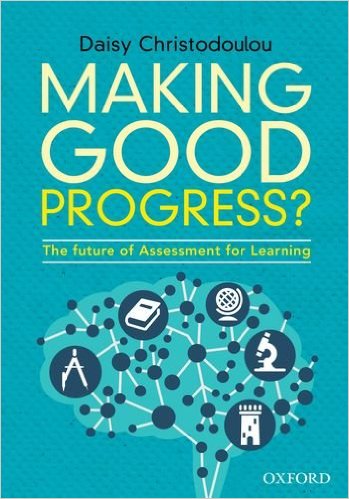
You can find the chapter analyses below, however I want to offer something by way of an overall summary of the book.
CHAPTER 1 - Why didn't AfL Transform Schools?
CHAPTER 2 - Curriculum Aims and Teaching Methods
CHAPTER 3 - Making Valid Inferences
CHAPTER 4 - Descriptor Based Assessment
CHAPTER 5 - Exam Based Assessment
CHAPTER 6 - Life After Levels
CHAPTER 7 - Improving Formative Assessment
CHAPTER 8 - Improving Summative Assessment
CHAPTER 9 - An Integrated Assesment System
I generally enjoyed reading “Making good progress?” and found the argument cogent and, on the surface, persuasive. I do however have some reservations about Christodoulou’s complete rejection of carefully considered constructivism, as I detail in the chapter reviews. If nothing else, Christodoulou has provided a useful synthesis of many decades of thought on assessment, across many disciplines.
Yet I also feel like the book was something of a missed opportunity. If it is read widely, then this book may have a big impact (though I imagine it will circulate

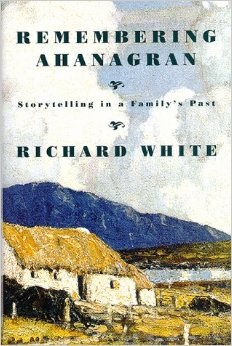
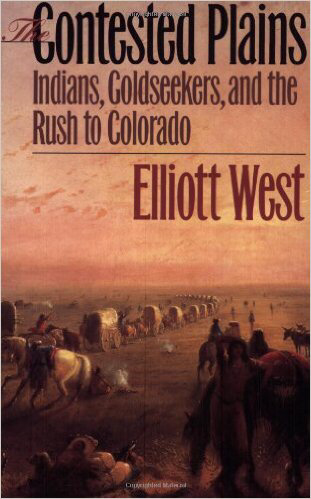
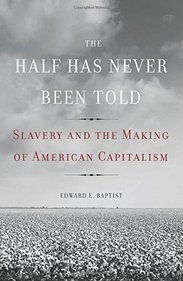
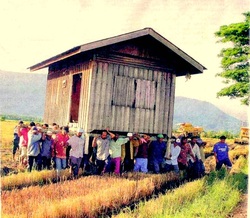
 RSS Feed
RSS Feed
